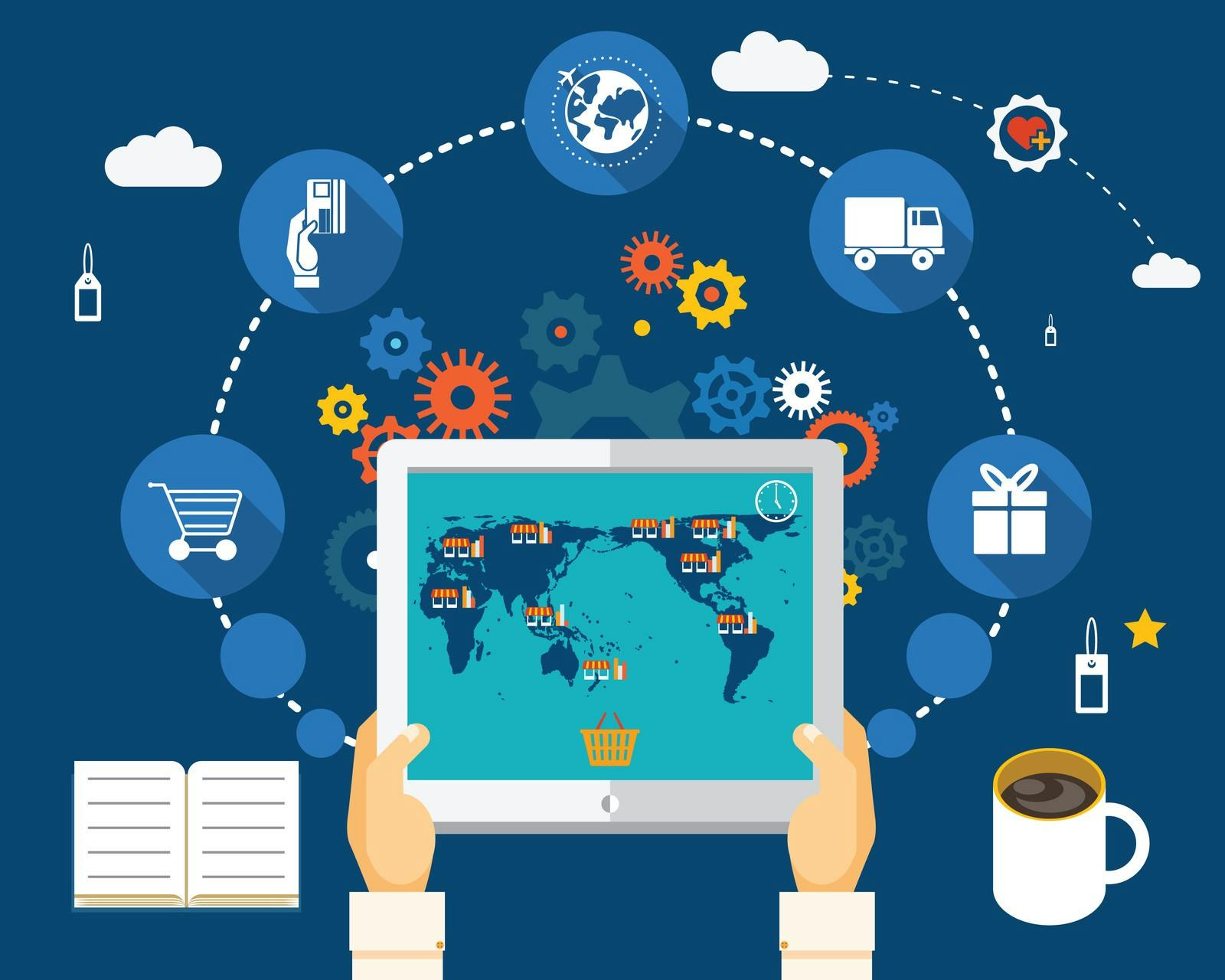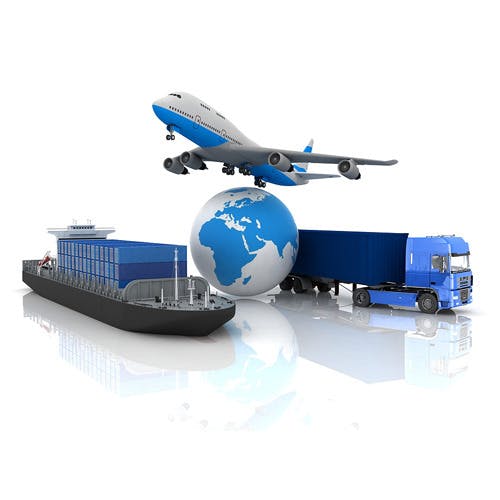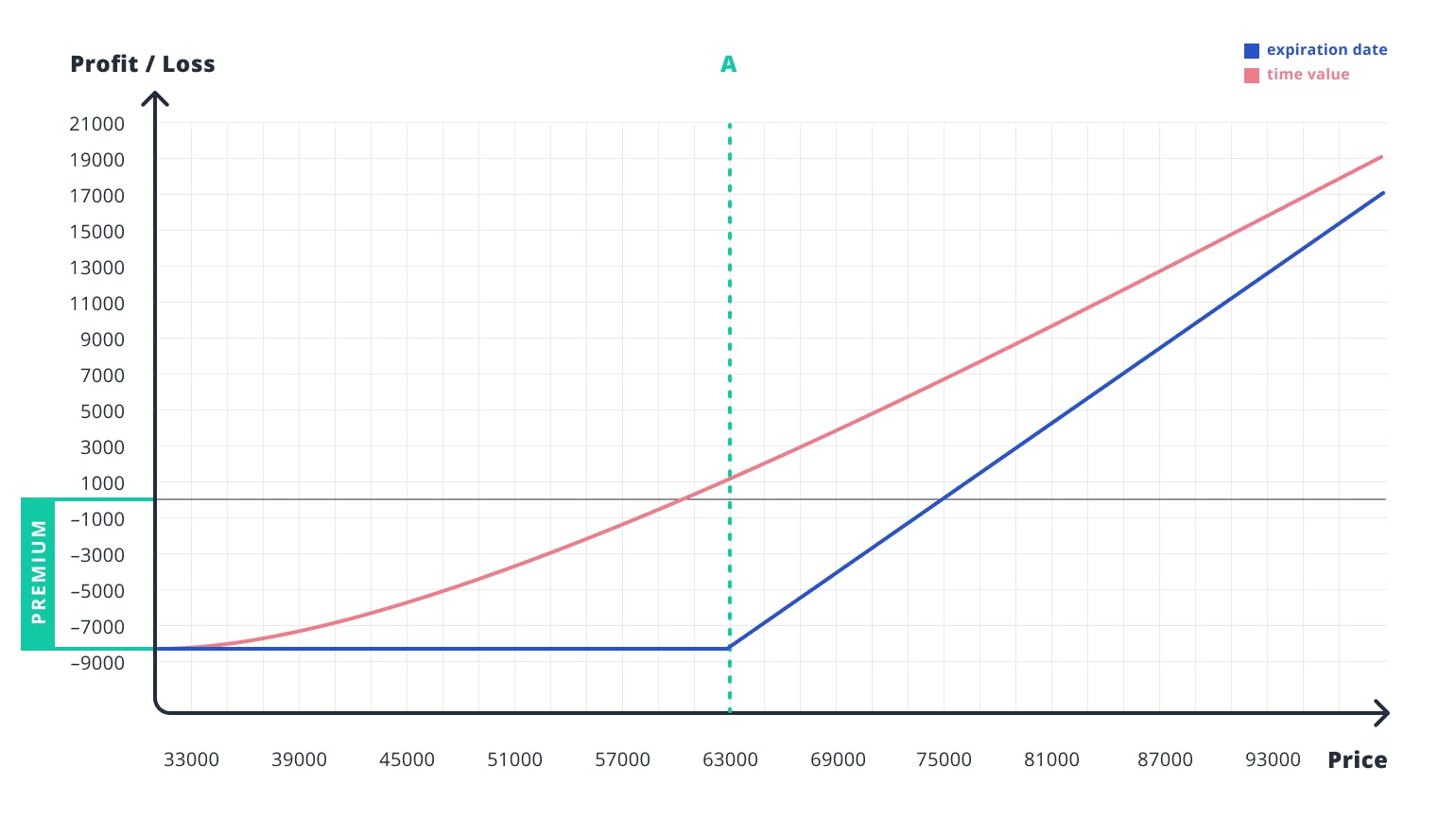
- All
- Tools
- Analytics
- Technical Analysis
- Trading
- Blockchain
- DeFi
- Guides
- Company News
- Educational
- Opinion
- Price Predictions
- Market News
- News
- Trading cases
- Practical guides
- Exchanges
- Trading signals
- Cryptocurrency
- Crypto bots
- Other
Become a crypto master
Learn everything about crypto,
trading and bots

Blockchain in logistics
Start Trading on 3Commas Today
Get full access to all 3Commas trading tools with free trial period

Logistics is one of the critical elements in all branches of modern industry. It ensures that the items reach their destination with minimal time and cost. Simply put, it is the execution and organization of complex operations for the transportation of goods from point A to point B (usually from the production site to the consumer). The logistics industry today is enormous. It was valued at a staggering $8.1 trillion as of 2017, and that estimate is projected to double by 2023. These are astronomical numbers, and it also makes the logistics industry one of the most challenging. Thus, we continue our series of articles on blockchain technology applications in the real world, focusing on the role of blockchain in the logistics industry and its improvement.
Why blockchain?
More and more industries explore blockchain every day. Entrepreneurs are trying to harness blockchain technology in various areas of their business, and the window of opportunity looks impressive. The main advantage of blockchain is its transparency and the ability to optimize digital information ecosystems. Realizing the possibilities of blockchain, many startups begin to use this promising technology even in areas that have nothing to do with cryptocurrencies and finance. This technology can be useful in many ways. First of all, blockchain offers many solutions for those who want to improve security and transact with digital data in a more transparent way, as well as comprehensive solutions for companies that want to save cost, while staying organized and efficient. This technology allows companies to use proven smart contracts that automate the entire buying process, save time and money. Distributed and decentralized ledgers also reduce bottlenecks and clerical errors.
Blockchain in logistics
The logistics industry includes numerous parties: manufacturers, customers, suppliers, auditors, and more. Blockchain technology offers benefits to every participant. While operating processes can be profitable, shipping companies and retailers lose a significant portion of their revenue through ineffective methods, unnecessary intermediary costs, theft, cyber-attacks, and food waste. Misleading, mis-shipped, or stolen shipments alone cause at least $50 billion in losses each year. The best way blockchain can help logistics is by eliminating inefficiencies. Right now, almost every element in the supply chain has a ton of improvements to implement. Brokers, shippers, and others should focus on efficiency rather than choosing the best implementation practices.
On top of that, there is always a pile of paperwork that needs to be processed. Documenting makes the already slow end-to-end shipping even more inefficient. In fact, complex processes and the absence of a single source of data negate the entire logistics process. There is a need for a decentralized system that can handle all transactions and act as a hub to validate and improve the entire process.
Blockchain makes logistics more efficient and transparent. The blockchain’s ability to act as a ledger makes it an ideal technology for simplifying the tracking of shipments, global contracts, and payment processing in the logistics industry. This allows customers to track the product and its entire production chain. Auditors can easily verify any transaction. The information stored on the blockchain cannot be changed by any third party, making this technology more secure than any existing solution. The technology can help program a fragmented and complex process so that both the supply chain and logistics itself are more efficient than ever. In order to succeed, the blockchain must act as the backbone of the logistics network. It is able to handle everything, including providing funds for recording transactions, creating an efficient and transparent system, and tracking assets with all the necessary documentation. Since the blockchain is digital, documentation will be kept online, giving every concerned party access to data from any location. It can help companies improve transaction flow and make their supply chain more secure. Each product receives a specific tag that allows companies to secure their supply chains with just a few clicks.
Blockchain is a decentralized public registry system that documents all changes in the ledger in real-time, records the movements of each shipping container, and allows storing information on authenticity, origin, ownership certificates, and storage location. Thus, all the necessary information is stored in one easily accessible place, which makes the supply chain entirely transparent. Armed with this data, companies can implement faster routes and eliminate unnecessary steps in the shipping process. At the same time, this technology helps reduce both fraud and theft. By using smart contracts, retailers no longer need to rely on brokers, lawyers, or other third parties to complete tasks. Smart contracts allow retailers and logistics companies to enter into binding agreements that are immediately terminated unless all agreed terms are met. Such contracts increase transparency and profitability while reducing delivery times and costly errors.
Influence of blockchain
The logistics industry employs a massive number of people and is constantly growing. Therefore, in order to cope with the growing demand for shipping, innovative solutions are necessary. The concept of IoE (Internet of Everything) creates new challenges for connected devices. They require a higher level of security, and blockchain is the best solution today, as it is protected by advanced encryption methods, distributed ledgers, and smart contracts. These blockchain features enables the fighting of theft, ransomware, corruption, premiums, and tracking issues. Delivery and freight will massively improve with the implementation of blockchain. It can be used to enhance both international and local shipping processes. It will also force manufacturers and transport companies to boost their production capacity and the efficiency of their production processes. When implemented correctly, blockchain provides better supply chain transparency, which in turn ensures logistics transparency. Also, blockchain technology can help solve the problem of tracking stock by offering companies the ability to manage their products at the macro and micro level. In addition, disputes can be resolved much faster with immutable data and real-time cargo information. Thanks to automation, many disputes can be resolved in minutes using reliable data, which will also help companies resolve disputes with customers. Finally, blockchain can help improve billing and payments through an efficient and secure system. Companies can use smart contracts to automate the entire process, making it error-free and transparent. It will also make billing and payment super-efficient. The blockchain-based supply chain will undoubtedly help save millions of dollars and reduce the dependence of the entire system on numerous intermediaries and significantly increase transparency.

Blockchain implementation challenges
Prior to implementing blockchain technology in logistics, companies must overcome numerous challenges, including:
- Lack of a universal data storage model: Not all companies or systems use the same data model to collaborate on the blockchain.
- Integration of the blockchain into the existing IT ecosystem: It will always be challenging to integrate the blockchain into existing internal software applications which are often bespoke and unique to each company.
- Blockchain technology development: another challenge is to work with the blockchain itself. Blockchain is a new and rapidly evolving technology. Immediate implementation of blockchain will entail more implementation problems in the future.
- Information flow: one more significant challenge is managing the flow of information between different organizations in logistics. If the trade is international, it becomes more complex as more actors are involved in the process.
The success of blockchain in logistics depends on many factors. Each company must take the initiative and work on each of them in order to successfully implement blockchain into their existing systems. Basically, everyone should collaborate, improve their knowledge of blockchain, and promote its value. One such example would be collaborating with competitors to create blockchain standards for logistics. Stakeholders should invest their time and effort in adding value to existing systems or projects that are on the verge of implementation. Before blockchain can be used, it needs to be rebuilt for specific offerings. Organizations must clearly define which business operations will be based on the blockchain. Blockchain is a new technology that requires as much help to mature as possible. This will help logistics companies find new models that work in the real world.
What the future holds
Logistics is one of the biggest challenges for the current generation of companies. The industry is looking for new technologies to improve existing processes, reduce costs, and increase supply chain transparency. Blockchain technology offers a solution to most of the current problems. There are particular challenges associated with blockchain implementation, but the more companies take this direction, the more examples of successful outcomes we will see. There are a number of effective implementation strategies that are currently being tested, and logistics will change forever as more organizations become involved. The logistics industry is focused on technology innovation, and distributed ledgers will be the next big move with transparent records, cost savings, and efficient route information. Combined with new technologies like Big Data and Artificial Intelligence, blockchain could increase global GDP by as much as 5 %.







